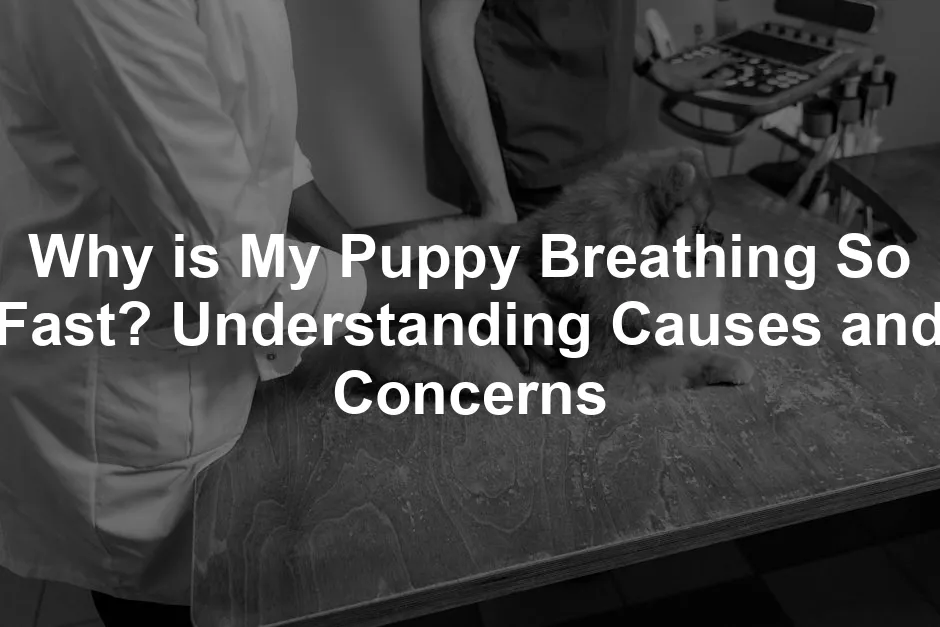
Why is My Puppy Breathing So Fast? Understanding Causes and Concerns
Introduction
Have you noticed your puppy breathing rapidly? It’s a common concern for pet owners. Understanding normal versus abnormal breathing patterns is crucial for your puppy’s health. This guide will discuss common reasons for fast breathing and when to consult a veterinarian.
While you’re at it, make sure you’re prepared for anything that comes your puppy’s way with a Pet First Aid Kit. You never know when a little boo-boo could happen during playtime!
Summary and Overview
Puppies generally breathe faster than adult dogs. A typical rate for puppies ranges from 15 to 40 breaths per minute, while adult dogs average 10 to 30. Fast breathing can sometimes be normal, especially after exercise or during stressful situations. However, it can also indicate underlying health problems. In this article, we’ll look at the causes of fast breathing, symptoms to monitor, and signs that require veterinary attention. Keeping an eye on your puppy’s breathing patterns will help ensure their well-being.
And speaking of well-being, don’t forget to pamper your pup with a cozy Dog Bed. A good night’s sleep is crucial for their health and happiness!
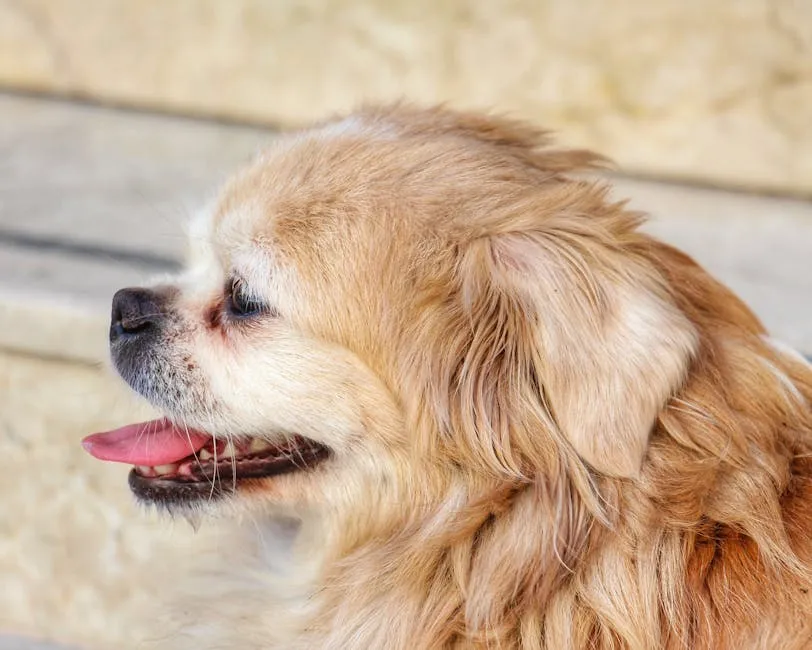
Understanding Normal Puppy Breathing
Normal Breathing Rates
Puppies usually breathe at a rate of 15 to 40 breaths per minute. This is higher than the adult dog rate of 10 to 30 breaths per minute. Various factors influence breathing rates, including size, activity level, and age. Monitoring your puppy’s breathing is essential. Any significant changes may indicate health issues that need attention.
If you’re a new puppy parent, consider investing in a Pet Thermometer. It’s a handy tool to have when your furry friend isn’t feeling their best!
Breathing During Sleep
Puppies often breathe rapidly while sleeping, especially during the REM stage. This quick breathing can occur as they dream. You might also notice them twitching or making little noises. Observing these behaviors can help you differentiate between normal and concerning changes. If your puppy’s breathing seems unusually fast while sleeping, it’s wise to keep an eye on it.

Causes of Fast Breathing in Puppies
Normal Causes of Fast Breathing
Exercise and Activity
After a good play session, you might notice your puppy breathing quickly. This is perfectly normal! When puppies exercise, their bodies need more oxygen. The increased demand leads to faster breathing as they work to replenish oxygen levels. After a while, their breathing should slow down as they recover. It’s essential to watch for signs of normal recovery, such as relaxed posture and a return to a calm demeanor. Always ensure your puppy has access to water and a cool place to rest after playtime. Hydration and cooling down are key to their well-being!
Speaking of hydration, don’t forget to keep your pup refreshed with a Dog Water Bottle. It’s perfect for those long walks or trips to the park!
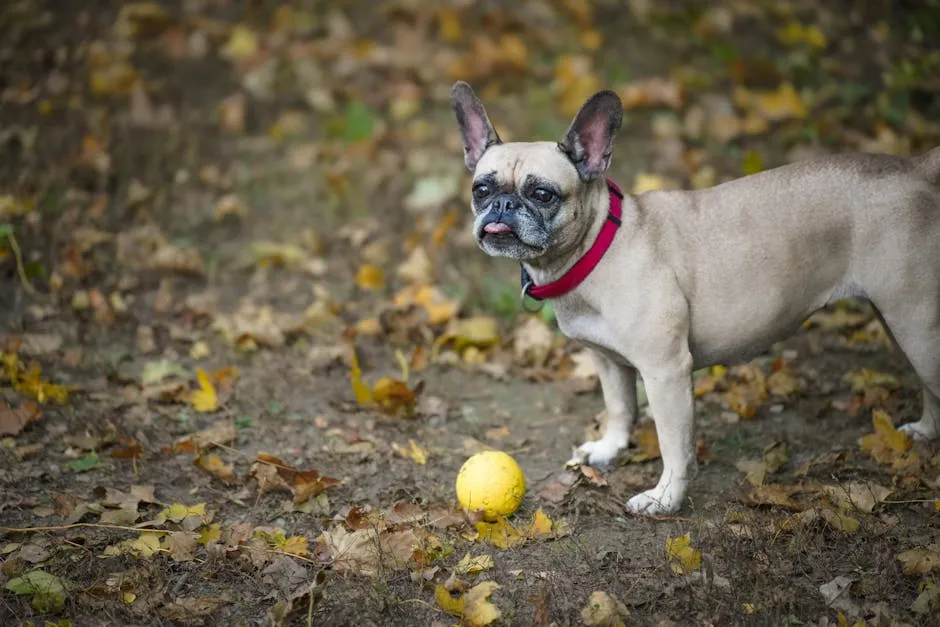
Stress and Anxiety
Just like us, puppies can feel stressed or anxious. Changes in their environment, like moving to a new home or loud noises, can trigger rapid breathing. You might observe other behavioral signs of stress, such as whining, pacing, or hiding. If your puppy is breathing fast due to anxiety, it’s important to create a safe space for them. Familiar items and gentle distractions can help ease their nerves. Understanding your puppy’s emotional state is crucial for managing their stress levels.
To help your puppy feel more secure, consider reading a Puppy Socialization Book. It can guide you in creating a friendly environment for your little furball!
Medical Causes of Fast Breathing
Respiratory Conditions
Certain respiratory issues can lead to fast breathing in puppies. Conditions like kennel cough or pneumonia can impair their ability to breathe normally. Watch for additional symptoms like coughing, wheezing, or nasal discharge. If your puppy shows these signs, it’s important to seek veterinary evaluation. Early diagnosis and treatment can prevent complications and ensure your puppy stays healthy.

Heart Problems
Congenital heart diseases can affect how puppies breathe. Rapid breathing might indicate a problem with blood flow or oxygen exchange. Other signs to look for include lethargy, fainting, or a soft cough. If you notice any of these symptoms, consult your veterinarian as soon as possible. Early detection is vital for effective treatment and can significantly improve your puppy’s quality of life.
Other Medical Issues
Fast breathing in puppies can stem from several medical conditions. Anemia is one serious issue where a lack of red blood cells reduces oxygen delivery, leading to rapid breathing. Look for signs like lethargy and pale gums. Overheating is another concern, especially in warm weather, where heatstroke can occur. Symptoms include excessive panting, drooling, and weakness. Infections, such as pneumonia, can also cause fast breathing due to compromised lung function. If you notice any of these symptoms, seek immediate veterinary care. Early intervention is crucial for your puppy’s health.

When to Be Concerned
Signs that Indicate a Problem
While fast breathing can be normal, certain signs indicate a problem. If your puppy shows persistent rapid breathing while resting, it’s time to consult a vet. Other red flags include changes in gum color, such as a bluish or pale appearance. Additionally, if your puppy appears distressed or uncomfortable, it’s essential to act quickly. Unusual behaviors such as excessive drooling, coughing, or reluctance to move could also signify a serious issue. Pay attention to these symptoms to ensure your puppy’s well-being.
To help with those puppy blues, check out some Dog Anxiety Relief Products. These can provide comfort during those stressful moments!
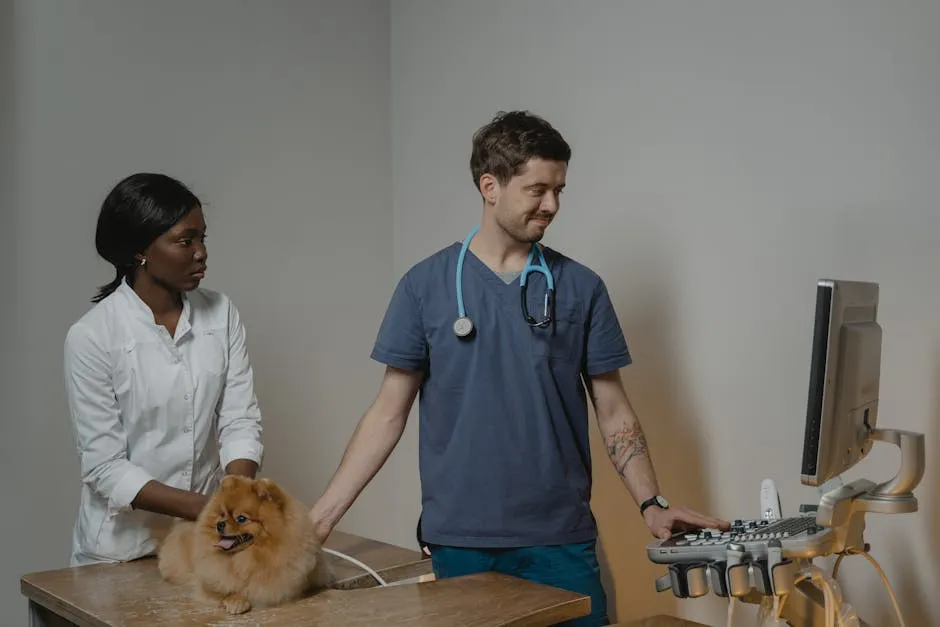
Consulting a Veterinarian
Preparing for a vet visit can make the process smoother. Start by noting your puppy’s breathing rate and any concerning symptoms you’ve observed. Have details ready, such as any recent activities or changes in behavior. Your vet may recommend diagnostic tests, like X-rays or blood tests, to identify the underlying cause. Sharing your observations will help them provide a more accurate diagnosis. Being proactive about your puppy’s health can lead to timely treatment and a better outcome.
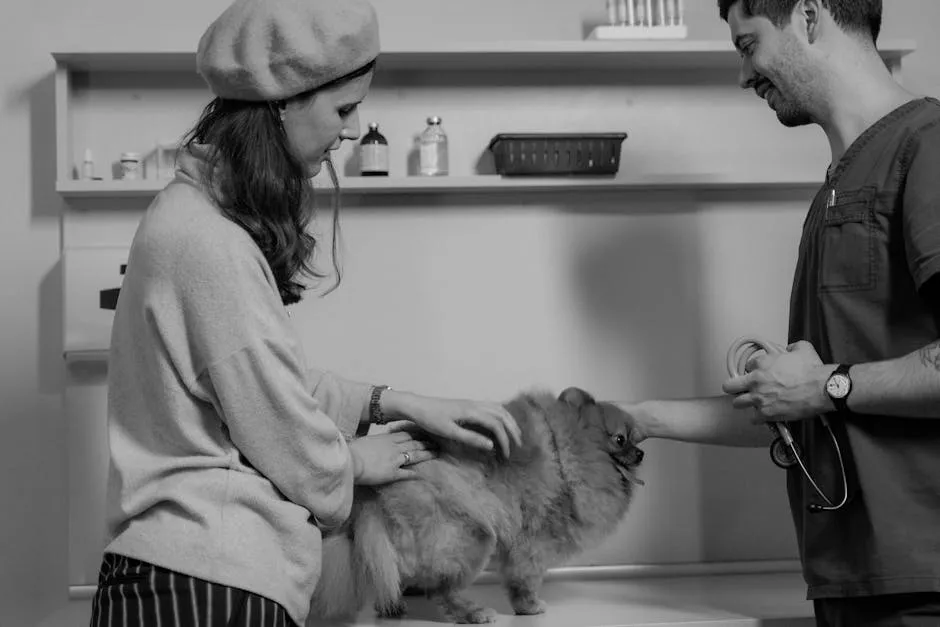
Conclusion
Fast breathing in puppies can be normal or a sign of concern. It’s common after exercise or during stress. However, persistent rapid breathing requires attention. Keeping an eye on your puppy’s behavior is essential. This helps you understand what’s typical for them. If you notice any unusual patterns or symptoms, don’t hesitate to reach out to a veterinarian. Early intervention can often lead to better outcomes. Your puppy’s health and happiness depend on your vigilance and care.
And remember, a little fun goes a long way! Treat your pup to some Dog Treats to keep their spirits high.
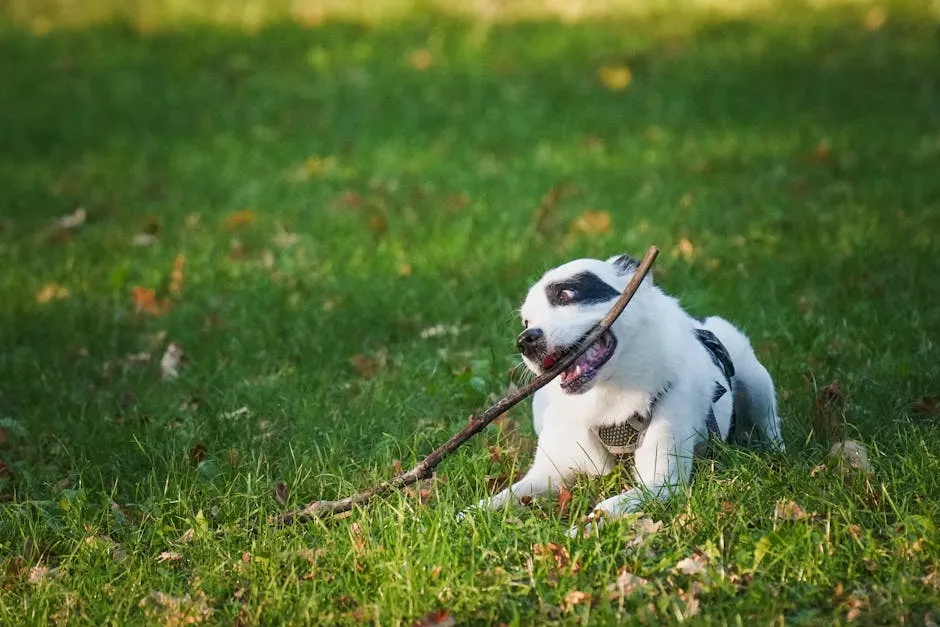
FAQs
What is the normal breathing rate for a puppy?
A normal puppy breathing rate ranges from 15 to 40 breaths per minute. Factors like age, size, and activity level can influence this rate. Monitoring your puppy’s breathing helps ensure they remain healthy. If their breathing deviates from this range, it’s wise to consult a vet about potential concerns related to puppy health.
Is it normal for my puppy to breathe fast while sleeping?
Yes, it’s normal for puppies to breathe rapidly during sleep, especially in REM sleep. This can occur as they dream, leading to increased heart rates and breathing. If your puppy seems comfortable and is not showing other symptoms, fast breathing while sleeping is usually not a concern.
When should I be worried about my puppy’s breathing?
Consult your veterinarian if your puppy shows persistent rapid breathing, especially while at rest. Other concerning symptoms include lethargy, coughing, or changes in gum color. If your puppy experiences difficulty breathing or appears distressed, seeking immediate veterinary help is crucial.
Can exercise cause my puppy to breathe fast?
Absolutely! When your puppy engages in physical activity, their body demands more oxygen. This leads to faster breathing as they work to take in more air. After a fun romp in the park or a game of fetch, you might notice your pup panting. This is normal and helps them cool down. Keep an eye on how quickly their breathing returns to normal. Ideally, after a few minutes of rest, their breaths should slow down. If they remain excessively panting or show signs of distress, it might be time to check in with your vet. Hydration is also key. Always ensure your puppy has access to fresh water after playtime.
What should I do if my puppy’s breathing doesn’t return to normal?
If your puppy’s breathing remains elevated for too long, it’s essential to take action. Start by observing them closely. Check for any additional symptoms like lethargy, coughing, or unusual behaviors. Create a calm environment, away from noise and distractions. If their breathing doesn’t slow down within a few minutes, it’s wise to seek veterinary help. Fast breathing can indicate underlying health issues. Don’t hesitate to contact your vet for guidance. They may recommend a check-up to ensure your puppy’s overall health is in good shape.
How can I help my puppy calm down if they are stressed?
Managing puppy stress can help reduce rapid breathing. First, create a safe space for your puppy. This could be a cozy bed or a quiet corner of your home. Familiar toys and blankets can provide comfort. Engage in calming activities like gentle petting or soft-spoken reassurances. You might also consider using calming aids, such as pheromone diffusers or anxiety wraps. Regular exercise not only tires them out but also helps reduce overall anxiety. Keep an eye on their environment. Reducing loud noises or introducing relaxing music can create a soothing atmosphere. The more comfortable your puppy feels, the better they will manage any stress.
Are certain breeds more prone to fast breathing?
Yes, some breeds are indeed more susceptible to fast breathing. Brachycephalic breeds, like Bulldogs and Pugs, often face unique challenges due to their facial structure. Their shorter airways can lead to breathing difficulties, especially during heat or exercise. These breeds may pant or breathe rapidly more often. It’s essential to monitor their breathing during play and in warm weather. If you notice persistent fast breathing, consult your veterinarian. Regular check-ups can help manage any potential breathing issues before they become serious.
Please let us know what you think about our content by leaving a comment down below!
Thank you for reading till here 🙂
If you’re curious about the common concerns related to fast puppy breathing, you can learn more about why puppies breathe fast.
All images from Pexels




